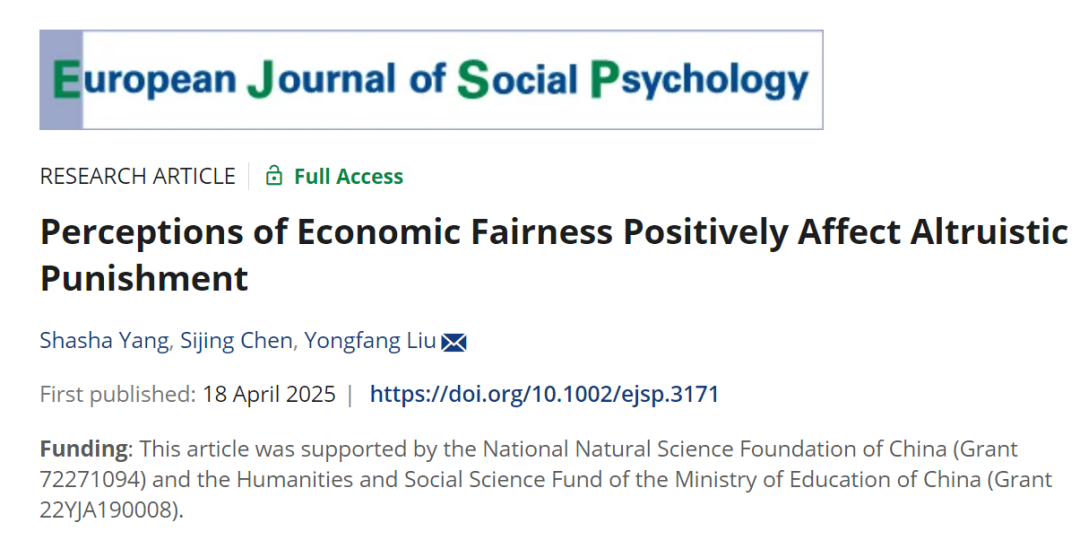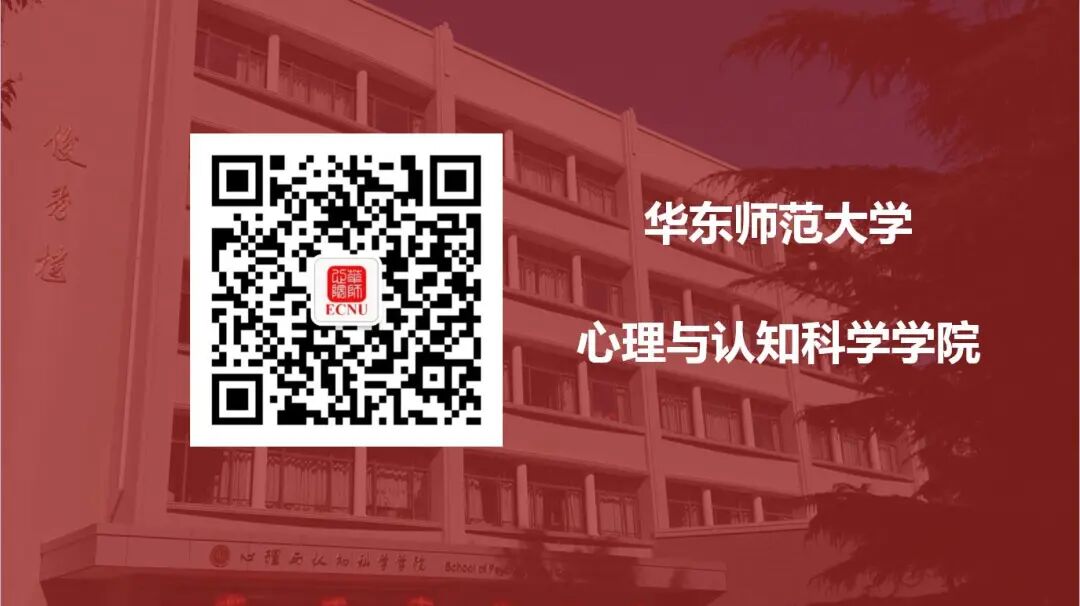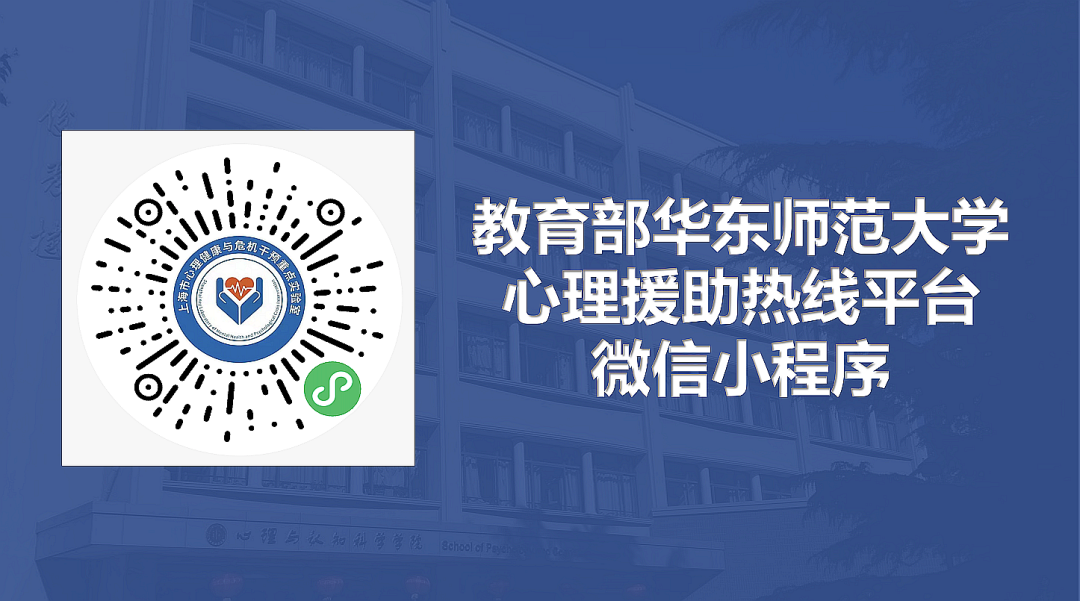When you see a thief in broad daylight, should you intervene?
When someone is secretly filmed in a public place, should you intervene?
When a friend’s partner is suspected of cheating, should you intervene?
……
“When you see injustice, you should shout out; when it’s time to act, you should act”—this lyric from the theme song of the TV series “Water Margin” inspires countless people, yet it also deters many. In real life, when witnessing someone violating or destroying social norms or rules, and harming others’ interests, the act of stepping forward to uphold justice, even at a personal cost or risk, is known as altruistic punishment. This involves the punisher bearing the cost to punish the violator, thereby benefiting the group or others. Previous research on altruistic punishment has mostly focused on the effects of the violator and specific situational factors. However, the research team led by Professor Liu Yongfang from the School of Psychology and Cognitive Science at East China Normal University primarily investigates whether and when the general sense of economic fairness as perceived by the punisher influences altruistic punishment behavior.

Image generated by AI
Research Content
Fairness is often regarded as an important social norm. Previous studies have found that when the allocation scheme of the distributor is clearly unfair, third parties are willing to incur costs to punish it, in order to uphold fairness norms. However, these studies mainly focus on the perspective of the violator or the violation event, examining how the fairness of the violator’s behavior and the situation affects the punisher’s actions. In contrast, this study is based on the punisher’s perspective, focusing on how the punisher’s perception of economic fairness in their social environment influences their punishment behavior.
Economic Fairness vs. Economic Equality?
It is important to note that economic fairness and economic equality are two different concepts. Economic fairness concerns whether the distribution process and rules are reasonable, emphasizing the proportional relationship between individual effort and reward; economic equality simply looks at whether the outcomes are equal. Fair distribution is often unequal, while equal distribution is often unfair. For example, if two children complete a task together, one contributes more (greater contribution) and the other less (smaller contribution), and the parents reward them both with one candy each, the outcome appears equal but is unfair. Numerous studies indicate that people’s preference for fairness far exceeds their preference for equality.
Does Economic Fairness Affect Altruistic Punishment?
The core finding of this study is that economic fairness positively predicts altruistic punishment. This finding shows strong stability across different contexts, holding true in real-life situations (Studies 1 and 2) as well as in laboratory settings involving monetary (Studies 3 and 4) and non-monetary punishment scenarios (Study 5).
The first four studies primarily focus on the relationship between economic fairness and altruistic punishment. Study 1 utilized data from the 2013 China General Social Survey and found that economic fairness positively predicts altruistic punishment, including sacrificing personal interests to report environmental pollution projects and resisting unethical behavior from superiors. Study 2 asked participants to recall their reactions to real violations they witnessed in the past month, revealing that economic fairness positively predicts direct punishment, but has no significant effect on indirect punishment. Studies 3 and 4 manipulated economic fairness using two different paradigms, providing causal evidence for the above findings.
What are the Boundary Conditions of the Impact of Economic Fairness on Altruistic Punishment?
Study 5 not only replicated the findings of Studies 1-4 in non-monetary punishment but also examined a new question: Does the impact of economic fairness on altruistic punishment change depending on the effectiveness of the punishment? By simultaneously manipulating economic fairness and outcome effectiveness, Study 5 revealed that the positive impact of economic fairness on altruistic punishment only holds when the outcome effectiveness is high (i.e., when the punishment can effectively uphold social norms). This means that altruistic punishment becomes a prevalent descriptive norm in the group (i.e., the behavior practiced by the majority in the group) only when both high economic fairness and high outcome effectiveness are present.
Research Outlook and Implications
This study does not further reveal the psychological mechanisms behind the above findings but proposes two possible mechanisms for future researchers to examine.
Mechanism 1: Norm Activation. In an environment of general fairness, violations stand out like ink spots on white paper. This contrast activates the “social radar” in people’s brains, making them more sensitive to detecting and correcting norm violations. Just as people walking on a clean street naturally have a lower tolerance for spitting on the ground.
Mechanism 2: Norm Internalization. People who have lived in a fair environment for a long time will internalize the social principle of “punishing evil and promoting good” as a personal belief. This internalization process is like installing a “moral GPS,” driving us to automatically correct violations even at a personal cost.
Based on the above explanations, this study also indirectly addresses an important theoretical question in the field of altruistic punishment: Given that punishment is costly for individuals and the benefits are shared by the group, how do punishers survive in evolution? Regarding the above research findings, we might answer this question from a cost perspective: In a fair and just society, people internalize social norms and externalize them in their actions, thereby enhancing the punishment of violations; at this point, punishers are no longer isolated individuals, which to some extent reduces the economic or interpersonal costs of punishment for the punisher, thus enhancing the evolutionary adaptability of punishers.
In summary, this research tells us: When sunlight shines into every struggler’s window, and the upward channels are truly open to everyone, the gene of collective justice will naturally awaken in everyone’s heart; when we genuinely feel the social rule of “you reap what you sow,” maintaining justice will no longer be the privilege of heroes, but will become an instinctive reflex in everyone.
Yang Shasha, a doctoral student from the School of Psychology and Cognitive Science at East China Normal University, is the first author of the paper, with Professor Liu Yongfang as the corresponding author, and Professor Chen Sijing from Zhejiang University of Science and Technology making significant contributions to the paper. The research was funded by the National Natural Science Foundation of China (Project No. 72271094) and the Ministry of Education’s Humanities and Social Sciences Planning Project (Project No. 22YJA190008).

Paper Information
Yang, S., Chen, S., & Liu, Y.* (2025). Perceptions of economic fairness positively affect altruistic punishment. European Journal of Social Psychology, online published. http://doi.org/10.1002/ejsp.3171
Text and images by Su Mohan
Proofread by Yang Shasha
Edited by Zhang Pengqian
Initial review by Hao Ning
Final review by Fang Yuan



